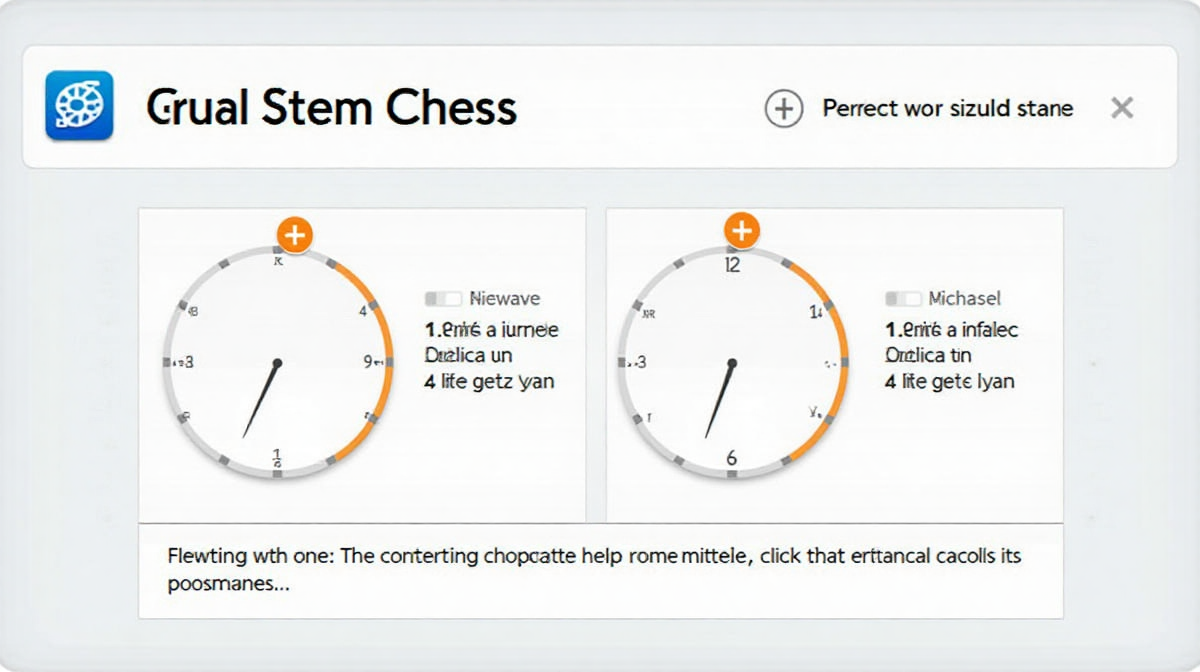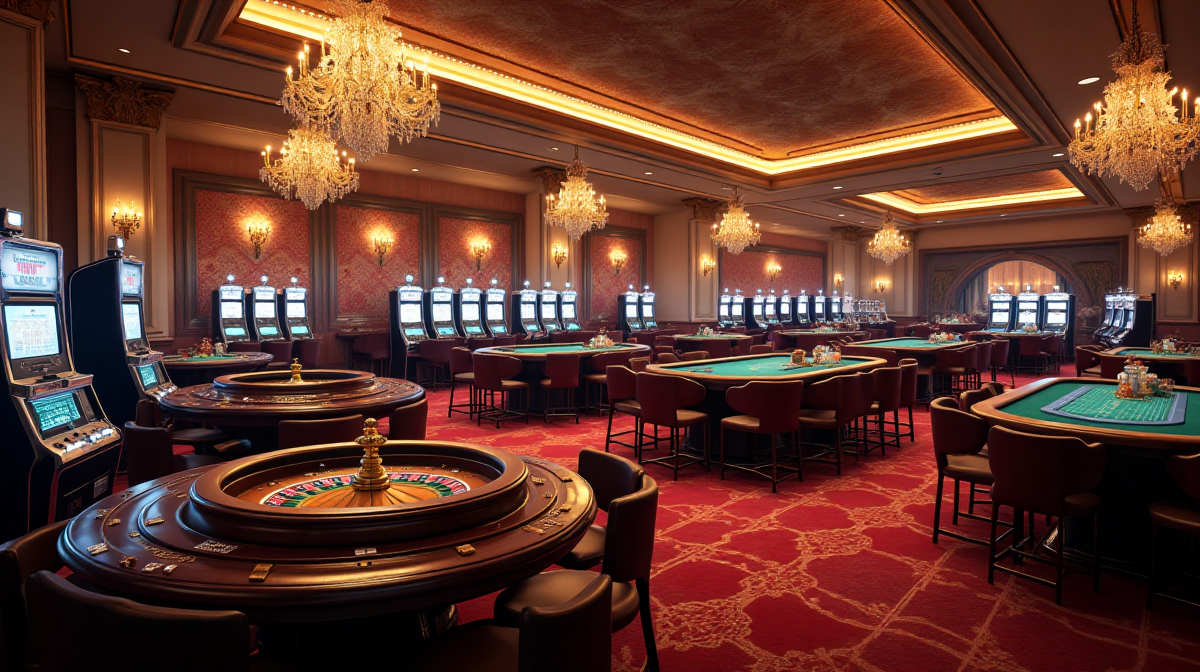Chess Clock: 5 Ways to Improve Your Game
The chess clock is an integral part of the game, far beyond simply preventing a loss on time. Mastering time management is not merely a practical skill; it’s a cornerstone of chess improvement. A deep understanding of how to utilize a chess clock effectively can drastically enhance your game, fostering strategic thinking, sharpened calculation skills, and a reduction in costly blunders. This article will explore five ways to leverage the chess clock to its fullest potential and elevate your play. For those looking for casino entertainment, exploring options like пин ап can be a fun pastime when taking breaks from intense chess study.
Decoding Different Time Controls
Different time controls demand distinct strategies. Understanding these nuances is vital for effective time management.
Blitz (3-5 minutes per player) – Pros & Cons for Improvement.
Blitz chess, with its rapid pace, cultivates pattern recognition and quick decision-making. While excellent for honing intuition, it can hinder deliberate calculation and thorough evaluation. Focusing on tactical alertness and exploiting immediate threats is crucial. This is a good way to practice quick thinking, but shouldn't be the sole focus for those serious about improvement.
Rapid (10-60 minutes per player) – Finding the Balance.
Rapid chess strikes a balance between speed and deliberation. It allows enough time for some calculation and strategic planning, but still demands efficient thinking. Players often grapple with finding the optimal pace—not too fast to miss opportunities, and not too slow to fall behind on the clock. Many players are turning to online platforms and even attempting to скачать пин ап казино на андроид for a break, but quickly return to the board.
Classical (60+ minutes per player) – Deep Calculation and Strategic Depth.
Classical chess provides ample time for deep analysis and complex maneuvering. This format rewards strategic depth and precise calculation. Players must effectively allocate their time throughout the game, dedicating sufficient thought to critical positions while avoiding unnecessary dawdling.
Identifying Your Time Management Tendencies
Becoming aware of your personal strengths and weaknesses concerning time is key to improvement.
Are you a Flagging Player? – Common causes & solutions.
Flagging—running low on time—is a common problem. Causes often include indecision, overthinking simple positions, or getting caught up in complex calculations. Solutions involve practicing quick pattern recognition, prioritizing threats, and pre-move thinking.
Do You Spend Too Long on Early Moves? – How to speed up opening preparation.
Wasting significant time in the opening is detrimental, especially in faster time controls. Thorough preparation, memorizing key lines, and developing a general understanding of opening principles can drastically reduce thinking time in the early stages.
Are You Prone to Panic Under Time Pressure? – Techniques for composure.
Panic can lead to blunders when facing time pressure. Practice controlled breathing exercises, focusing on the present position rather than the dwindling clock, and simplifying the position when possible. Learning to calmly evaluate under pressure is a crucial skill. Furthermore, platforms for serious chess analysis, like spark chess, are invaluable for identifying time management issues in your games.

Mastering Increment & Delay
The settings on your chess clock significantly impact how you approach time management.
What is Increment? – How it rewards accurate play.
Increment adds a fixed amount of time to a player’s clock after each move. For example, a 5+3 time control (five minutes plus a three-second increment) adds three seconds to your clock after every move. This rewards precise and efficient play, as each accurate calculation extends your time.
What is Delay? – Its impact on thinking vs. automatic additions.
Delay, also known as Bronstein delay, adds time to the clock only if a player makes a move before their clock reaches zero. This promotes continuous thinking without a sudden “jump” in time. It can be useful for players who prefer a more consistent thinking pace.
Which is better for your game: Increment or Delay? – Considerations based on playstyle.
Increment generally favours players who are confident in their calculations and tend to play accurately. Delay appeals to those who prefer continuous thinking and want to avoid abrupt time additions. Choosing the right setting depends on your individual playstyle and preference. Players often search for the официальный сайт пин ап to find a place to relax and unwind after a stressful game.

Strategic Time Distribution Throughout the Game
Effective time management involves allocating time strategically to different phases of the game.
The Opening – Minimizing Time Waste, Preparing for the Middlegame.
The opening should be approached with efficiency. Focus on developing your pieces, controlling the center, and ensuring king safety. Avoid spending excessive time analyzing minor variations; prioritize establishing a solid foundation for the middlegame.
The Middlegame – Prioritizing Calculation and Evaluation.
The middlegame is where the most time should be invested. Prioritize calculating tactical combinations, evaluating positional advantages, and formulating strategic plans. Identify critical moments that require deep analysis.
The Endgame – Precise Calculation & Avoiding Time Troubles.
The endgame demands precise calculation and careful attention to detail. One mistake can be decisive. Allocate sufficient time to evaluate pawn structures, king activity, and potential mating attacks.
Recognizing Critical Positions Requiring More Time
Learn to identify positions demanding increased cognitive effort.
Complex Tactical Scenarios – When to slow down and calculate deeply.
When faced with a tactical melee, slow down and meticulously calculate all possible variations. Don’t rely on intuition; verify each line to ensure its accuracy.
Positional Transitions – Allocating time for careful evaluation.
Positional transitions often require careful evaluation of long-term consequences. Dedicate sufficient time to assess the strengths and weaknesses of both sides, and formulate a plan based on your assessment.
The Power of Pre-Move Thinking
Thinking ahead can significantly reduce calculation time and improve decision-making.
Anticipating Your Opponent’s Responses.
Before making a move, try to anticipate your opponent’s likely response. Consider their potential threats and counterattacks.
Reducing Calculation Time Through Foresight.
Anticipating your opponent’s moves reduces the need for extensive calculation after each move.
Avoiding “Analysis Paralysis” – Trusting Your Intuition.
Overthinking can lead to “analysis paralysis”—a state of indecision. Trust your intuition once you’ve performed adequate analysis.
Dedicated Time Control Practice
Like any skill, time management requires consistent practice.
Solve Tactical Puzzles Under Time Pressure.
Solving tactical puzzles with a clock forces you to think quickly and efficiently.
Play Practice Games Focusing Solely on Time Management.
Dedicate practice games specifically to time management. Experiment with different time controls and settings.
Analyze Your Games Specifically for Time Usage.
Review your games and analyze how you used your time. Identify areas where you wasted time or made poor decisions.
Studying Grandmaster Time Management
Learning from the best can provide valuable insights.
Analyzing Chess Games to Understand Timing Choices.
Study grandmaster games and pay attention to how they allocate their time.
Identify Patterns in Top Players’ Time Usage.
Observe patterns in top players’ time usage—when they accelerate, when they slow down, and how they handle critical positions.
Incorporating Effective Techniques into Your Own Play.
Adapt effective techniques observed in grandmaster games to your own playstyle.
In conclusion, mastering the chess clock is a multifaceted skill. By implementing these five strategies—understanding time controls, identifying personal tendencies, mastering increment/delay, strategic time distribution, pre-move thinking, consistent practice, and learning from masters—you can dramatically improve your game. Remember, mastering the chess clock isn’t just about avoiding loss on time; it’s about maximizing your chances of winning. Perhaps after a challenging session, checking out пин ап for some lighter entertainment might prove a welcome diversion.

